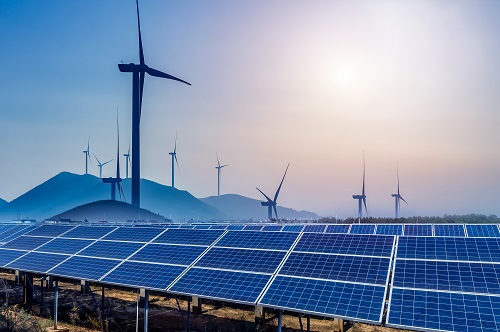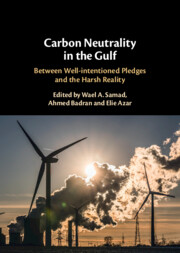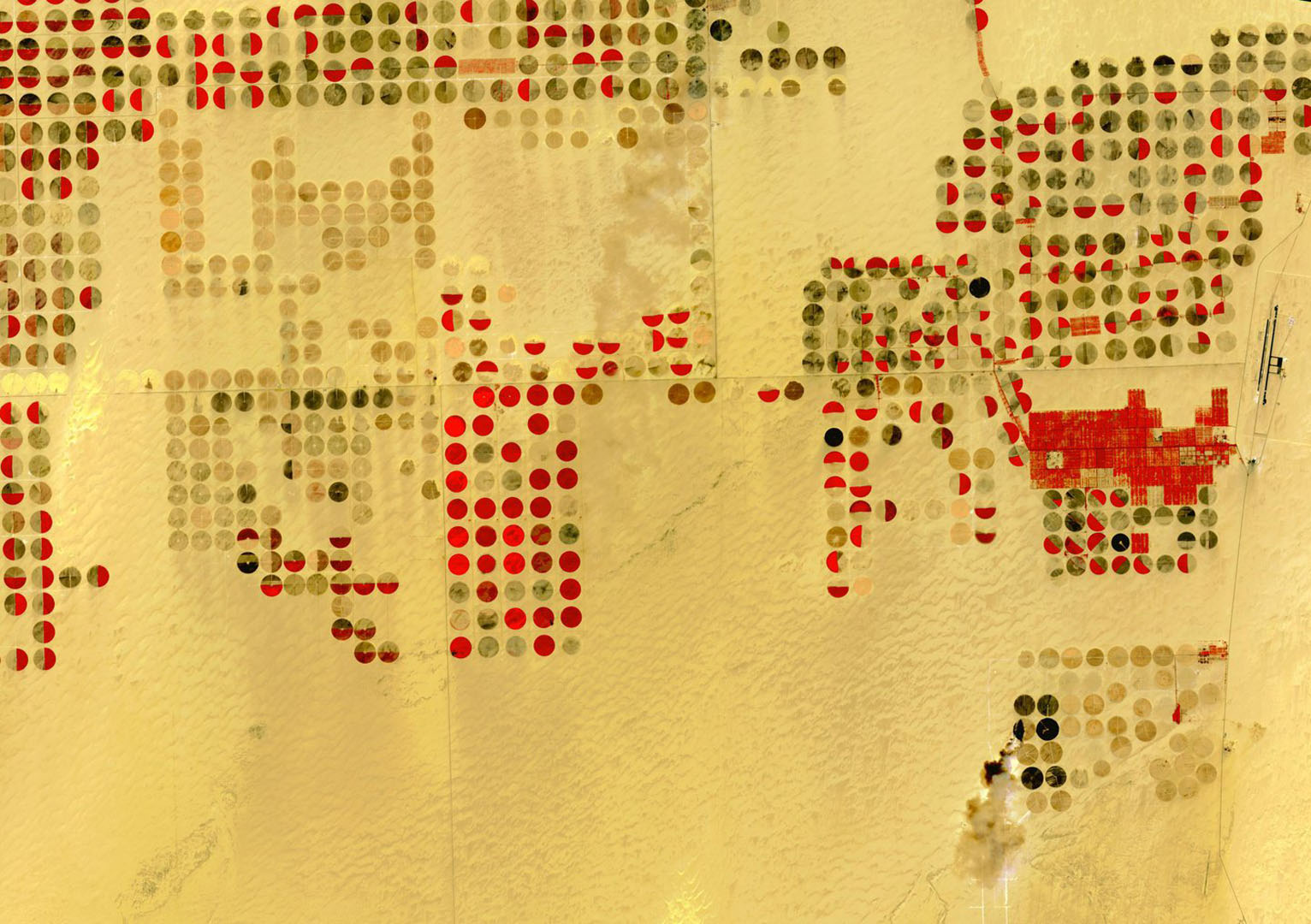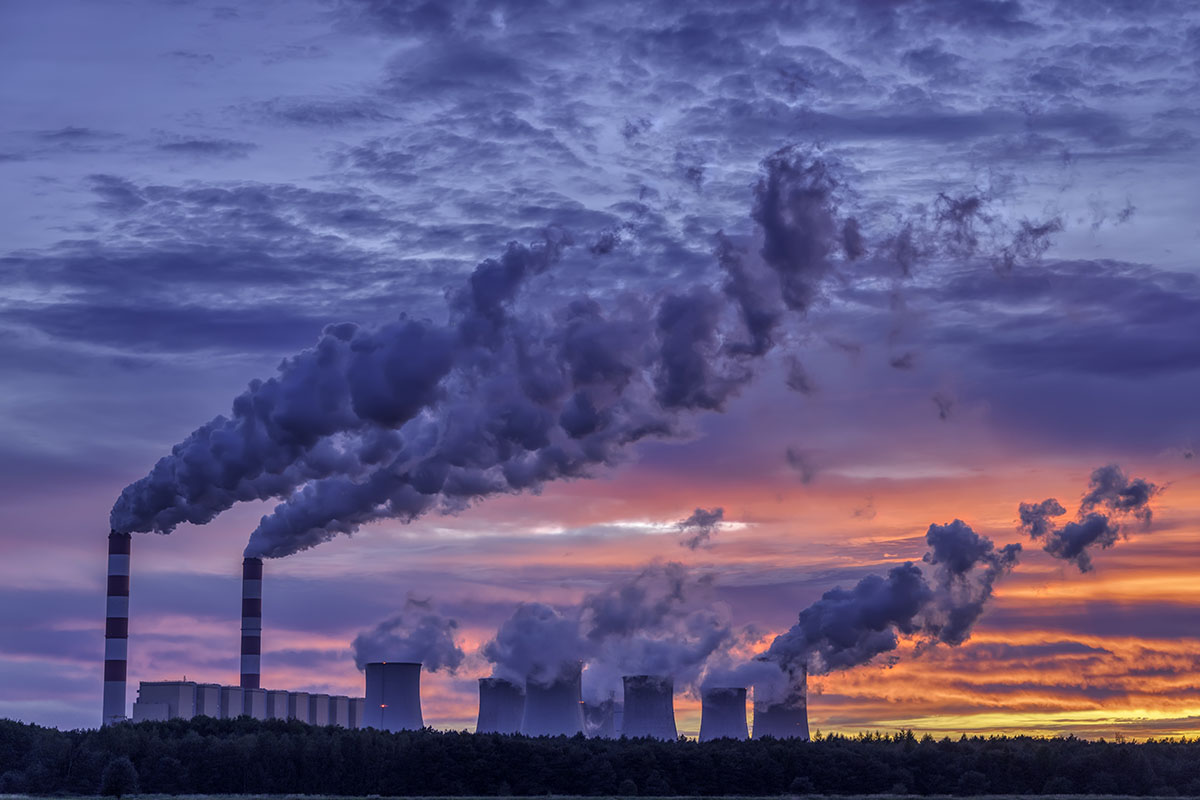

Primary Program

About
Fatih Yılmaz is a Senior Fellow at KAPSARC, where his research focuses on the intersection of climate change and sustainable finance, with extensive expertise spanning financial economics, policy impact analysis, public finance, and applied econometrics. Prior to joining KAPSARC, Dr. Yilmaz served as an Economist at the Central Bank of the Republic of Türkiye, where he contributed to policy design and research across both the real and financial sectors. He has also worked as a research consultant for the World Bank and collaborated on projects with international institutions including the IMF and OECD. In addition to his policy and research roles, he has taught graduate and undergraduate courses in economics and econometrics at ADA University and the University of Calgary. Dr. Yilmaz’s research has been published in leading peer-reviewed journals such as the European Economic Review, Journal of Banking and Finance, Journal of Money, Credit and Banking, World Bank Economic Review, and FinanzArchiv / Public Finance Analysis. He is an active contributor to global academic conferences and international platforms, including the T20 and UNFCCC COP. He holds a Ph.D. in Economics from the University of Calgary.
Publications

12 February 2026
The Circular Carbon Economy Index 2025: Results
- A multi-dimensional approach to energy security, under...
- Closing CCE performance gaps will require strengthening enabling policy environments and scaling up clean technologies and finance.
- CCE transitions in developing countries can be accelerated with scaled-up implementation support.

14 January 2026
The Global South’s Sustainable Finance Gap: The Role of Financial DevelopmentDespite the substantial growth of the sustainable debt market in recent years, it remains heavily concentrated in advanced economies, often referred to as the “Global North.” In 2024, sustainable debt issuance in the Global North has reached 2.6% of GDP, nearly four times the level in...

25 June 2025
Determinants of Sustainable Finance Flows: A Literature ReviewSustainable finance has gained remarkable momentum over the past decade, but its global allocation remains uneven, with emerging market and developing economies (EMDEs) struggling to attract the capital required to meet ambitious climate targets. This shortfall threatens progress towa...

14 November 2024
The Circular Carbon Economy Index 2024 – ResultsThe 2024 CCE Index provides a multidimensional overview of the current state of net-zero transitions worldwide, covering 125 countries from all world regions. It is based on the holistic, technology-neutral and flexible concept of the circular carbon economy (CCE), where a full CCE i...

12 September 2024
Southeast Asia and the Circular Carbon Economy: A Rapidly Developing Region

12 September 2024
Middle East and North Africa and the Circular Carbon Economy: Seizing the Potential for ActionThe Middle East and North Africa (MENA) region is an emerging center of energy demand. Economic and population growth, increasing industrialization as well as rising living standards are all expected to contribute to a continued increase in the region’s energy consumption over the co...

31 March 2024
The Circular Carbon Economy Index 2023: ResultsThe Circular Carbon Economy (CCE) Index provides a comparative overview of where countries stand on the road to net-zero and how well equipped they are to get there. The CCE Index compiles quantitative data points from 38 robust sources into a composite indicator covering countries r...

13 November 2023
Implications of Climate Policy on Energy Poverty
This article examines the complex issue of energy poverty and its various dimensions, including energy access and affordability. It explores the challenges of addressing energy poverty and the trade-offs that may exist between energy poverty and climate change policy.

09 October 2023
Closing the Investment Gap to Achieve Paris Agreement Goalshis study aims to assess the alignment of global sustainable financial flows with transition investment priorities. First, we identify investment gaps based on the difference between the required annual investment to meet global net-zero emissions (NZE) targets and current inve...

05 March 2023
The Circular Carbon Economy Index 2022 – Results
The circular carbon economy (CCE) concept provides a holistic, flexible and pragmatic framework for countries to plan their energy and economic transitions to lower carbon dioxide and greenhouse gas emission levels and, ultimately, net-zero emissions. The CCE Index measures countries...

10 November 2022
The Circular Carbon Economy Index 2022 – ResultsThe circular carbon economy (CCE) concept provides a holistic, flexible and pragmatic framework for countries to plan their energy and economic transitions to lower carbon dioxide and greenhouse gas emission levels and, ultimately, net-zero emissions. The CCE Index measures countries...

14 June 2022
The Gulf Cooperation Council and the Circular Carbon Economy: Progress and PotentialOver the past year, all six Gulf Cooperation Council (GCC) countries have updated their medium-term greenhouse gas (GHG) emission targets by submitting revised nationally determined contributions (NDCs) under the Paris Agreement. Bahrain, Saudi Arabia, the United Arab Emirates (UAE),...

11 May 2022
Understanding the Dynamics of the Renewable Energy Transition: The Determinants and Future Projections Under Different ScenariosThe global energy system’s current structure has severe environmental consequences that necessitate an urgent transformation toward more sustainable alternatives. Besides many available mitigation actions, such as enhancing energy efficiency, deploying nuclear energy, switchin...

29 December 2021
The Circular Carbon Economy Index 2021 – ResultsThere is an urgent need to align global carbon dioxide and other greenhouse gas emissions with climate-safe trajectories. A broad range of technologies and approaches are needed to achieve this cost-effectively and equitably. The circular carbon economy (CCE) concept provides a holis...













